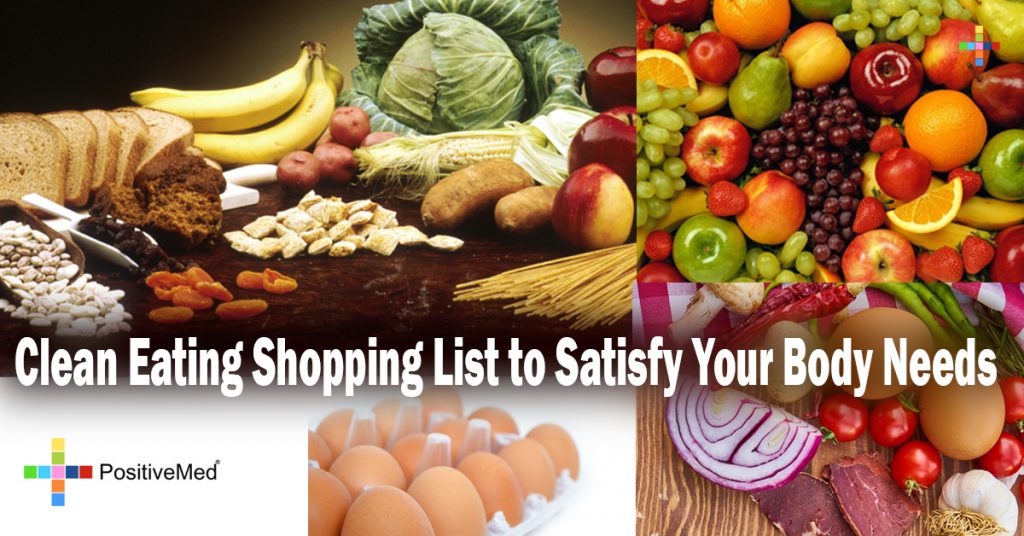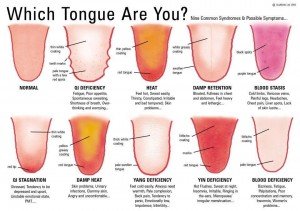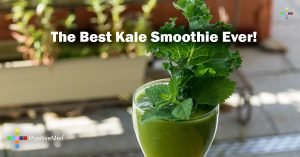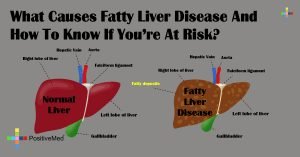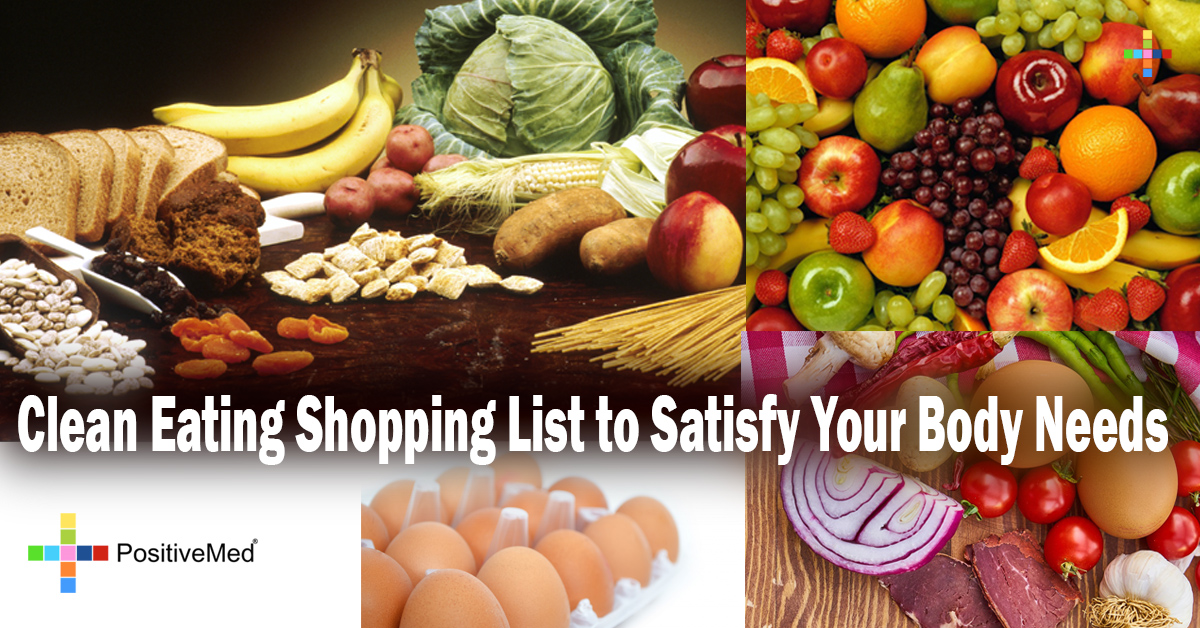
Clean Eating Shopping List to Satisfy Your Body Needs
[nextpage title=”…”]
Eating clean is one of the best things that you can do for your body, and is especially important if you are active. Clean eating is not a diet or a food fad; it is a way of eating that relies on that which can be grown from the ground and animal sources of protein. The food is minimally processed, and is kept as close to its natural state as possible.
Despite the simplicity, people still get overwhelmed while shopping early on. We are told to “shop the perimeter” of the store, but even that isn’t enough. The deli and dairy departments of most grocery stores are home to foods with tons of added salt and sugar.
So it really comes down to knowing what you are putting in your shopping cart. Generally, the fewer ingredients a food has, the better it is for you.
Here is a super-simple chart that will never fail you. It’s divided into foods groups, with the fruit and vegetable section further divided by color, so you can make sure that all your bases are covered.

Lean protein
Protein builds and repairs tissue. Cells in the body die by the millions every day of your life and must be replaced. Physical activity demands new muscle tissues be formed. Protein is the only source that your body has to draw on to do this.
Protein is essential to metabolic health, as well. Protein slows the absorption of sugar into the bloodstream, helping you feel full longer and avoid spikes in blood sugar levels.
Complex carbohydrates
Carbohydrate is the bodies preferred source of energy. There are three different types of carbohydrates:
• Sugars. These are broken down and absorbed by the body the quickest. Think table sugar, white bread, cake. Also, with regards to food labels, anything ending with the suffix ~ose is a sugar. Dextrose, sucralose, glucose, are all types of sugar. Avoid these.
• Starches. These release their energy more slowly than sugars. Think potatoes and pasta. They are very carbohydrate dense so portion control is important.
• Fibers. These break down the slowest of all, stabilizing insulin levels and helping you feel full longer. Oatmeal, barley, whole wheat, brown rice. Beans and lentils, as well as pretty much all vegetables. These are far and away the best sources.
Fruits and vegetables
RELATED ARTICLE: 9 Best Proteins You Need to Eat According to Nutritionists!
[/nextpage] [nextpage title=”…”]
Brightly colored fruits and vegetables, as well as dark leafy greens contain micronutrients. These are the vitamins, minerals, and antioxidants that our body needs to function. Plant foods are also highly alkalizing, helping keep the blood’s pH from becoming too acidic.
Red fruits and vegetables
These contain nutrients such as lycopene, ellagic acid, quercetin, and hesperidin. These nutrients reduce the risk of some forms of cancer and have been shown to help lower blood pressure as well as lower levels of bad cholesterol.
Blue/Purple fruits and vegetables
These contain nutrients such as lutein, resveratrol (the substance in red wine linked to low cholesterol) and fiber. Like the red, they are potent cancer fighters and contain high levels of antioxidants. Fruits and veggies from this category support retinal health, boost immune system activity and supports health digestion as well as supporting the absorption of calcium and other minerals.
Yellow/Orange
Fruits and veggies from this color category contain high levels of beta-carotene, potassium, and vitamin C. These nutrients reduce the risk of prostate cancer and lower the bad LDL cholesterol as well as lowering blood pressure. These also fight free radicals and encourage a healthy alkaline / acid balance.
Dark leafy greens
Dark leafy greens contain calcium, folate and vitamin A and C. They also carry high levels of fiber. Pound for pound, they contain more fiber than whole grain bread. These vegetables regulate your digestive system, reduce cancer risks and lower blood pressure.
Clean eating put into practice
This is where the simplicity of clean eating becomes apparent. To make a meal, just combine one portion from each category. A portion is roughly the size of the palm of your hand. Eat 4-6 times per day and remember that you can’t overeat fruits and vegetables. Eat when you are hungry and stop when you are full.
Take the time to learn new cooking methods so that you don’t find yourself eating the same thing over and over. Make this fun! There are many cooking classes offered that support clean eating, as well as ways to turn almost any meal into a clean meal.
Take the time to shop at a farmer’s market. You’ll be surprised at how much better the food tastes when it was picked that same day! And you’ll love how much money you can save by cutting out the middleman and buying direct from a local farmer.
[/nextpage]
